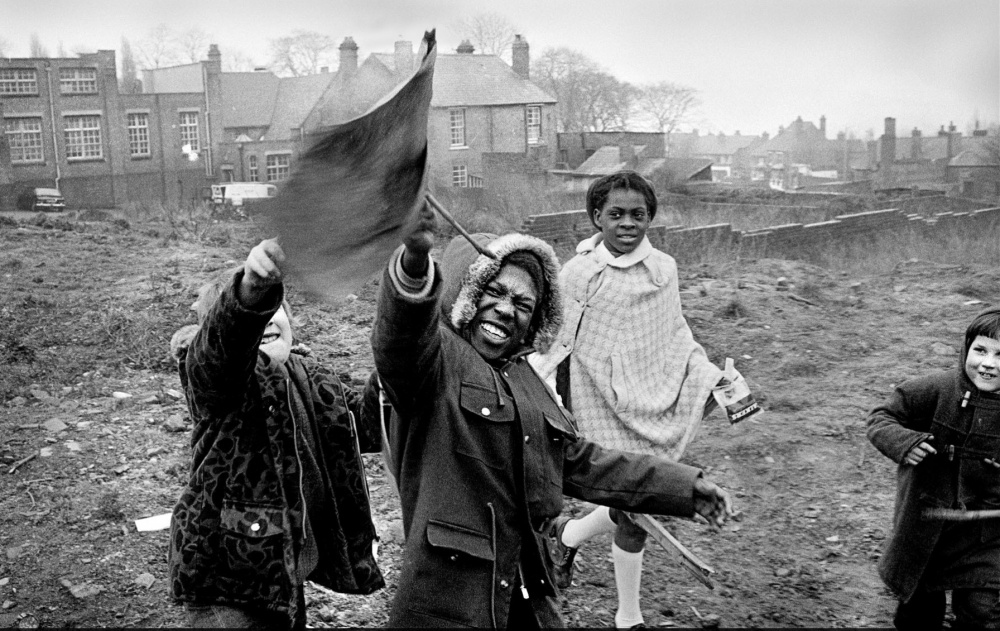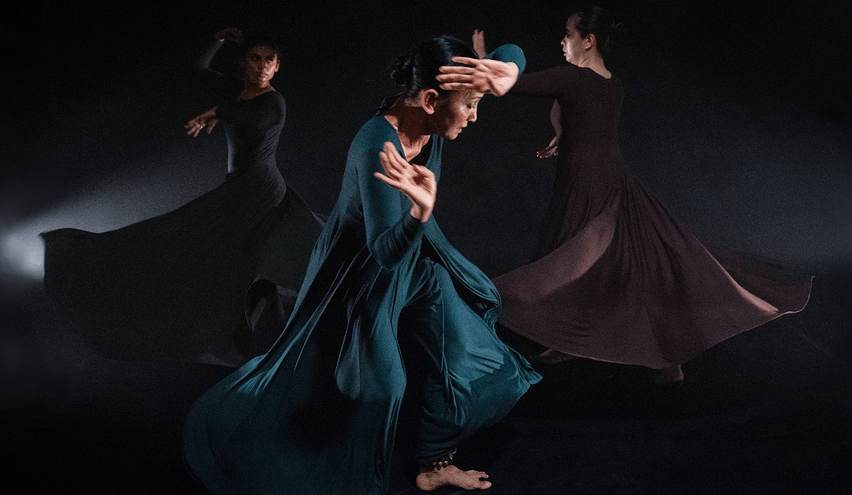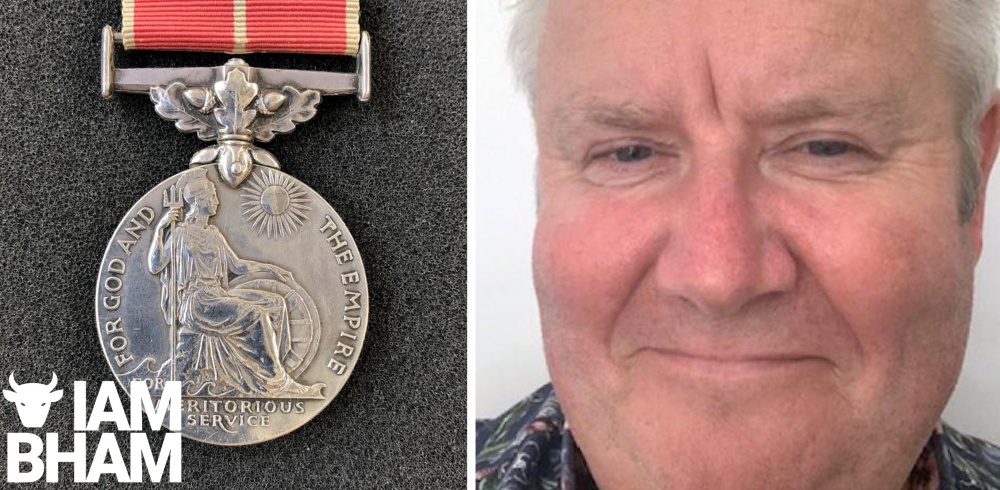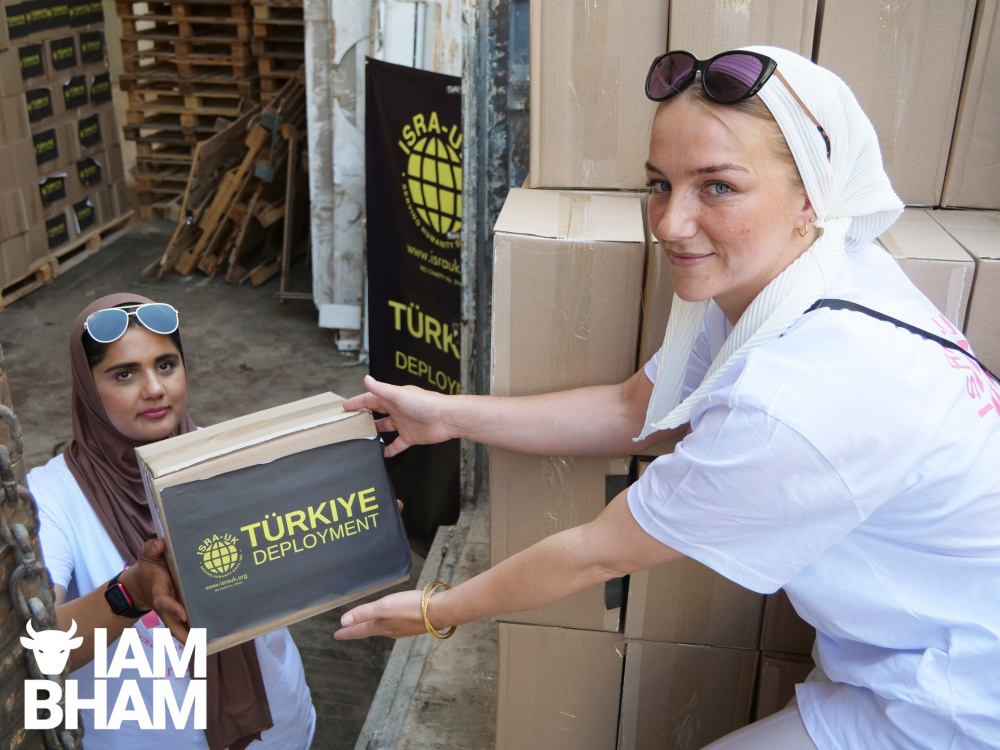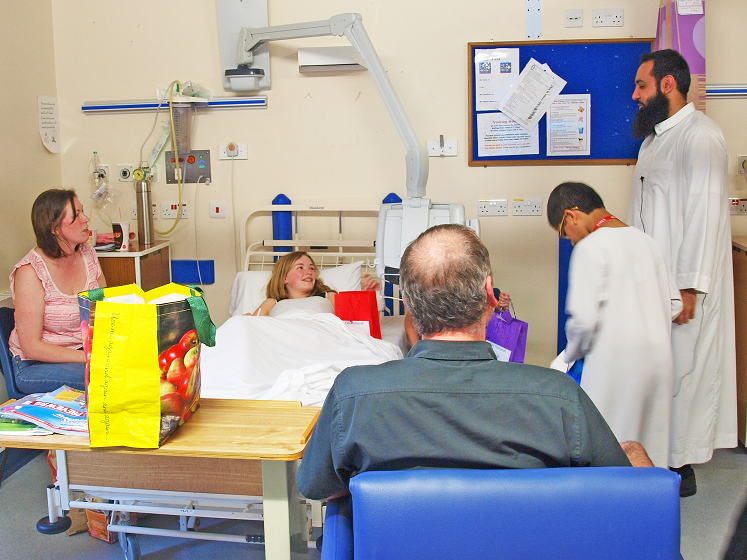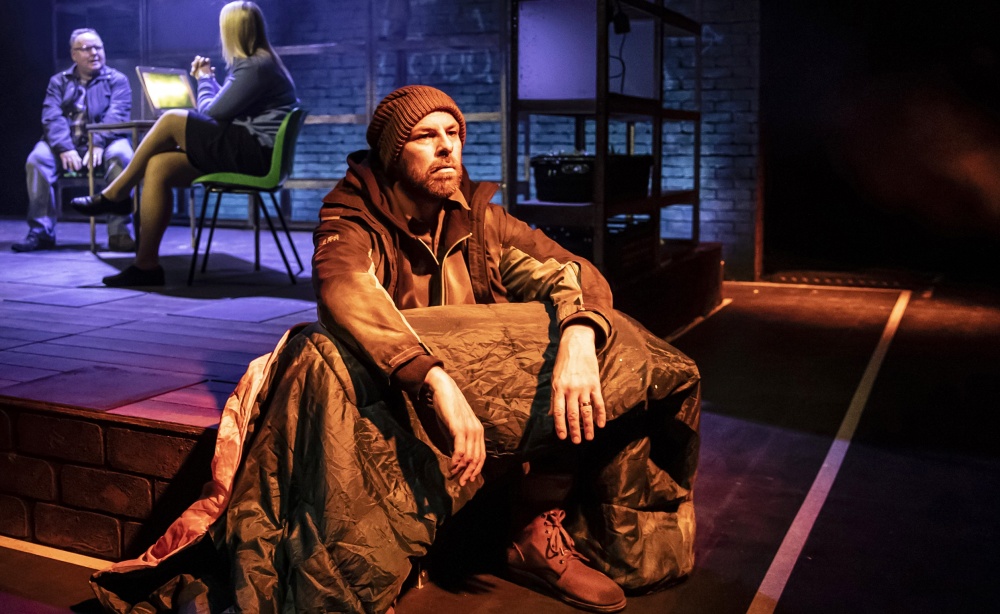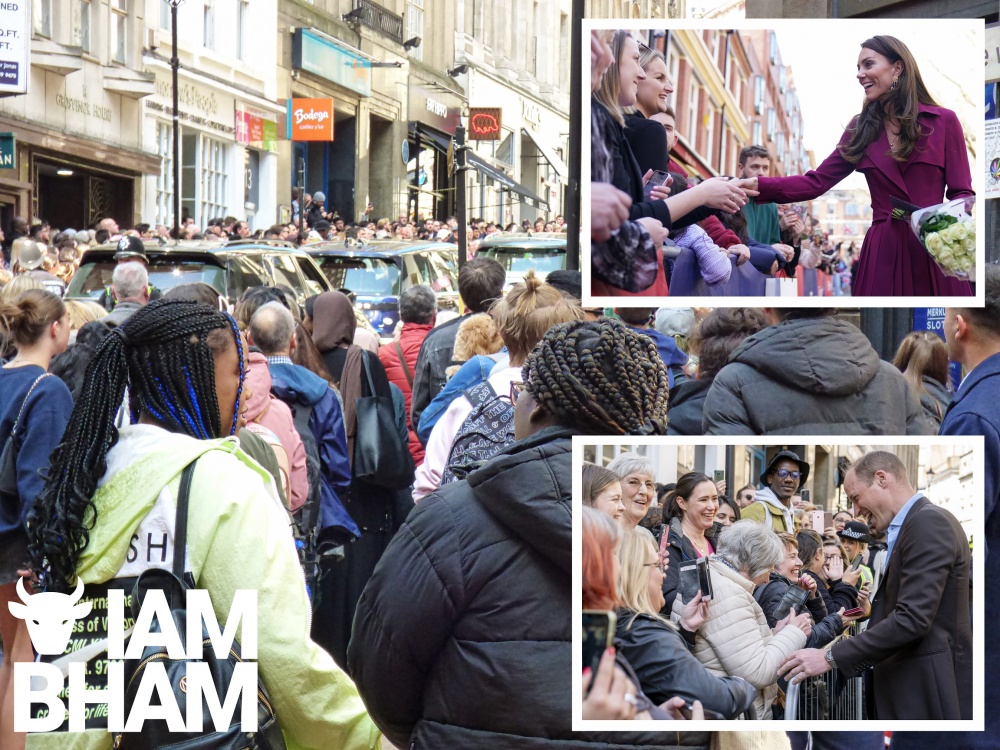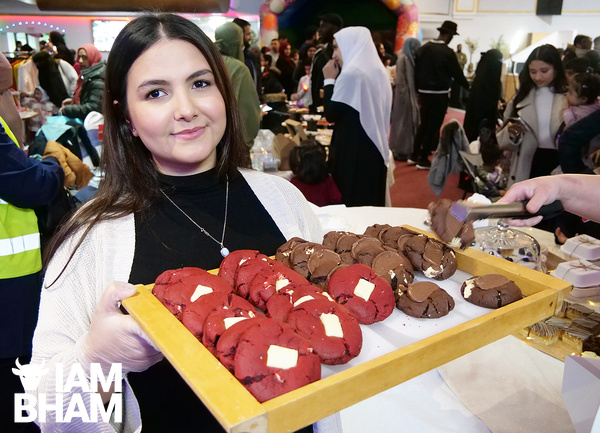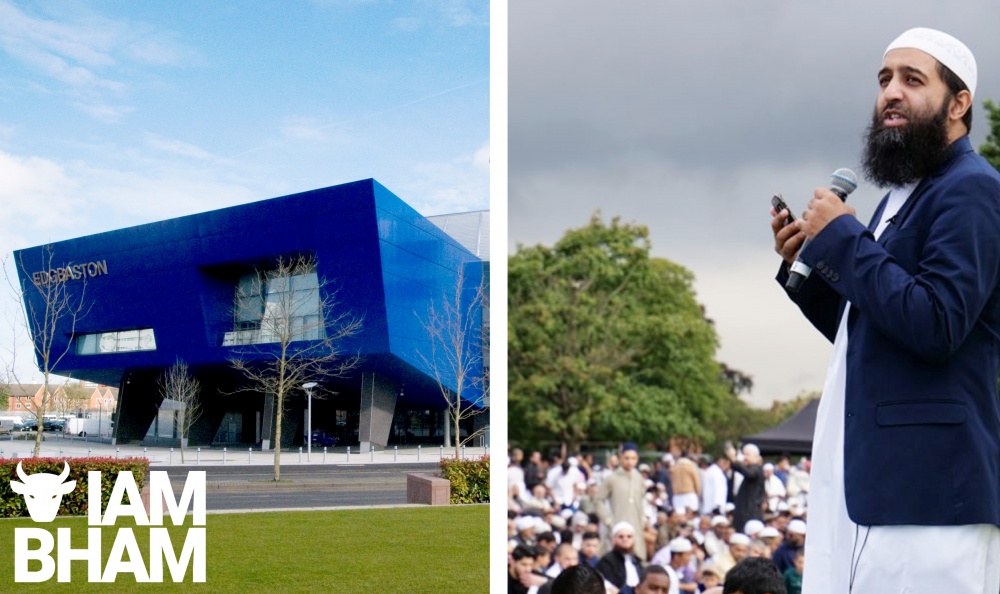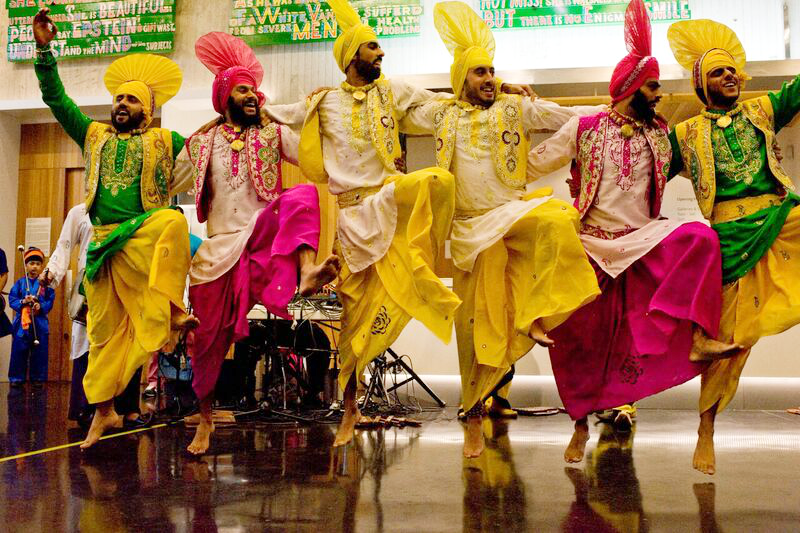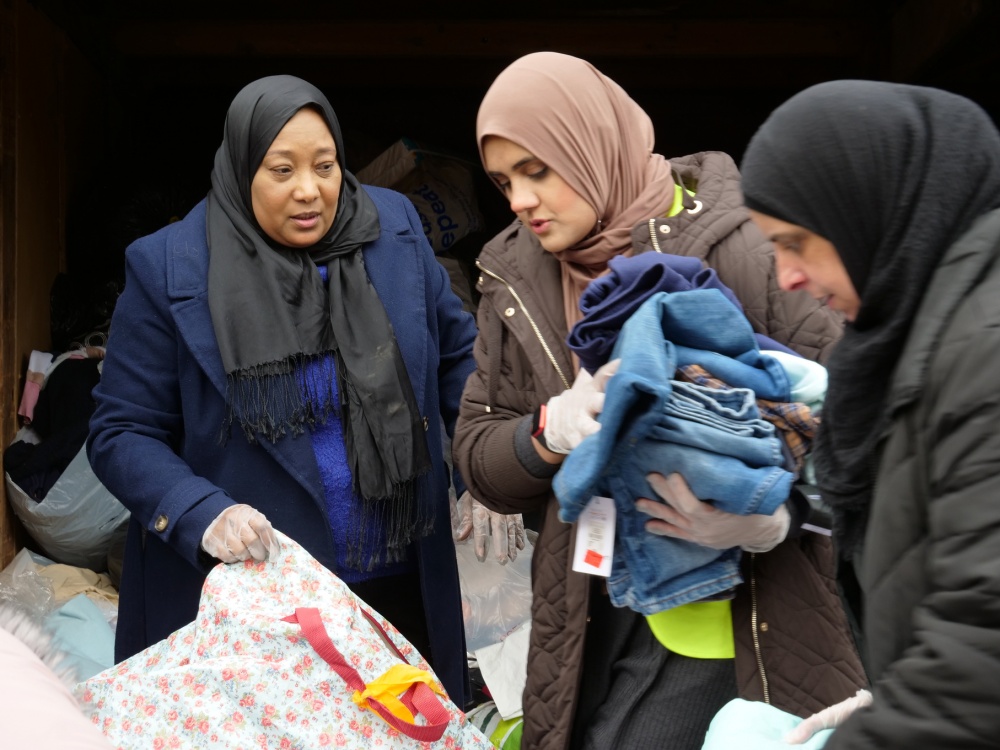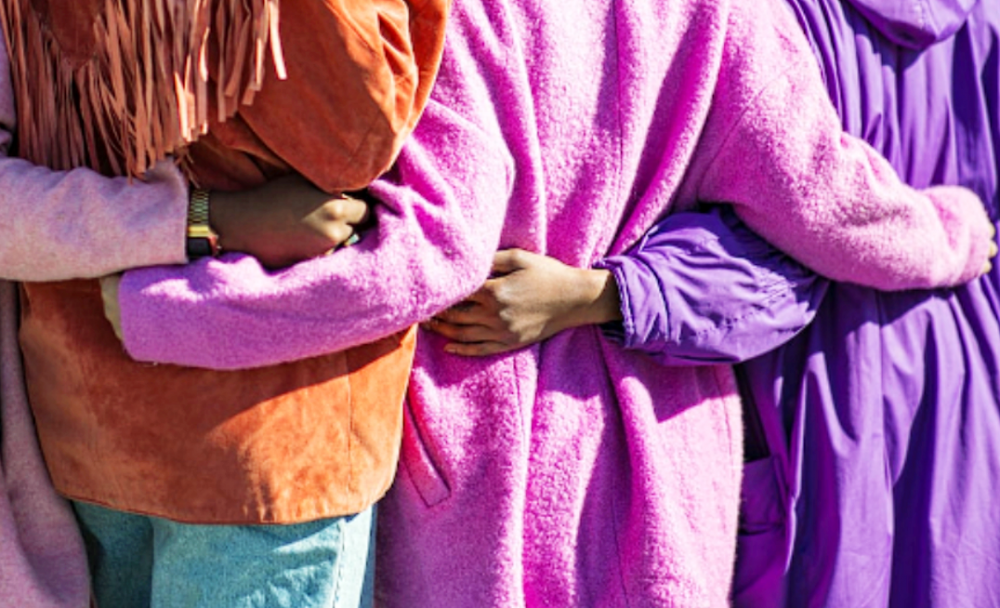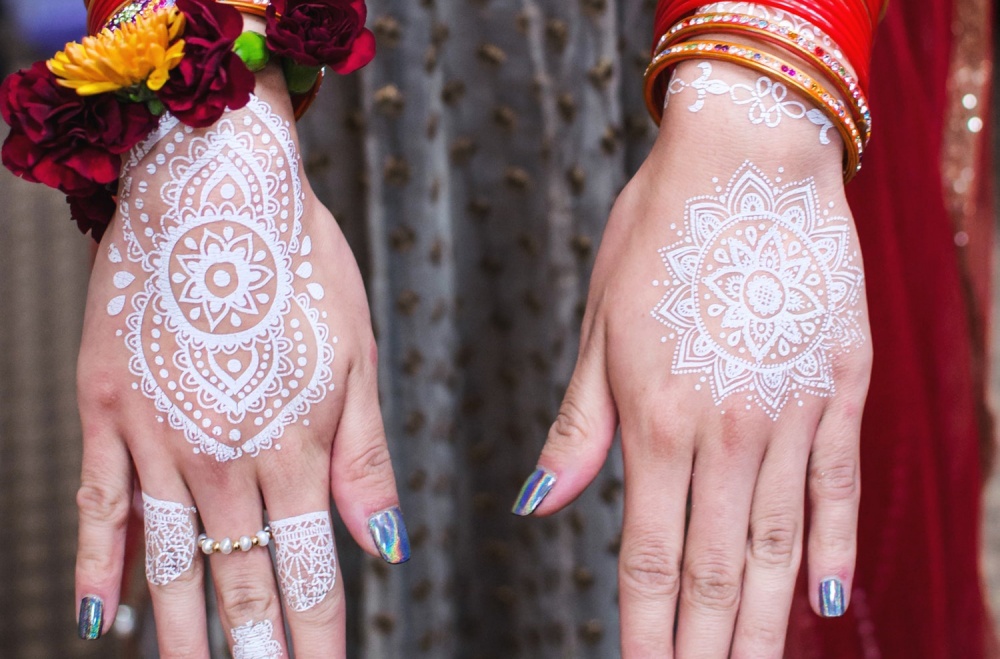Birmingham charity championing migrant communities launches book to mark 40th anniversary
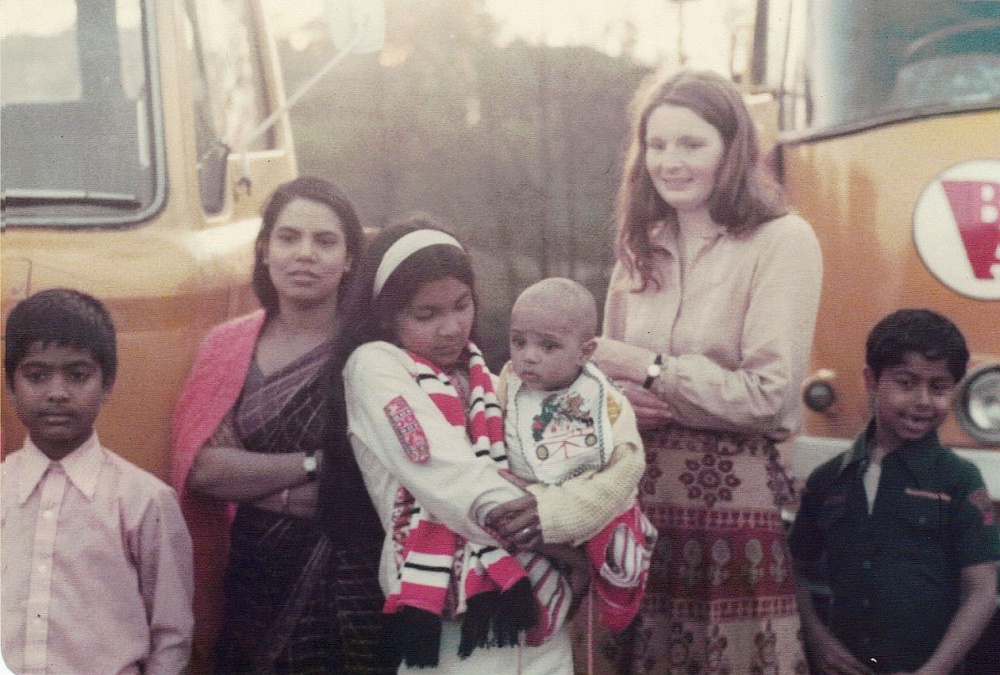
A community organisation that has been at the forefront of empowering migrant communities in Birmingham marks its 40th anniversary this year.
Saathi House in Aston is celebrating the milestone by launching a new book charting its four-decade history through personal stories, a documentary film and a local exhibition.
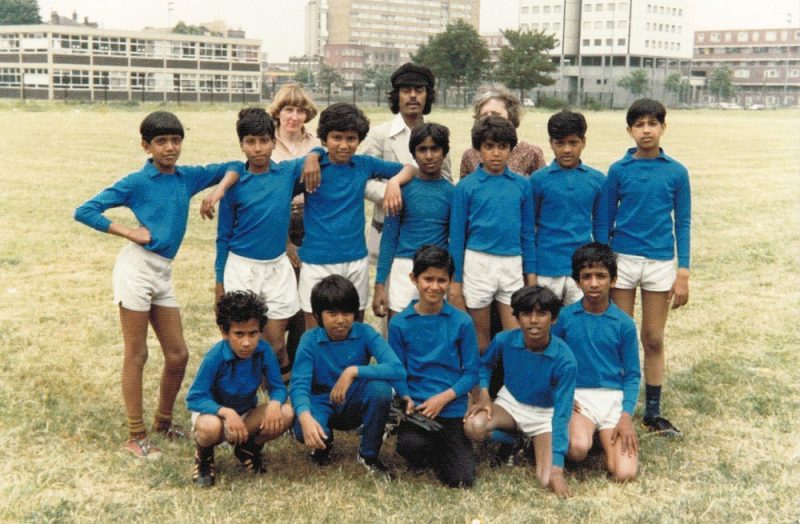 Saathi House
Saathi House Located where Bevington Road meets Trinity Road, a stone’s throw from the Aston Villa Football Club’s stadium, the cultural community centre has published a comprehensive coffee-table book providing an insight into the journey of its staff, members and alumni.
“Over the last year to mark Saathi House’s 40th anniversary, we embarked on collecting stories and photographs of twenty individuals who have used Saathi House over the past 40 years,” explained Mashkura Begum, who helps manage the community hub.
“We have collected stories from some of the first service users of Saathi House way back in 1978 to those using our services in 2018.
“Presenting a short film, a beautifully produced full-colour book, a stunning exhibition exploring heritage, and a new branding style; we will be highlighting the crucial role grassroots organisations like Saathi House play in shaping the journey of those who use our services.”
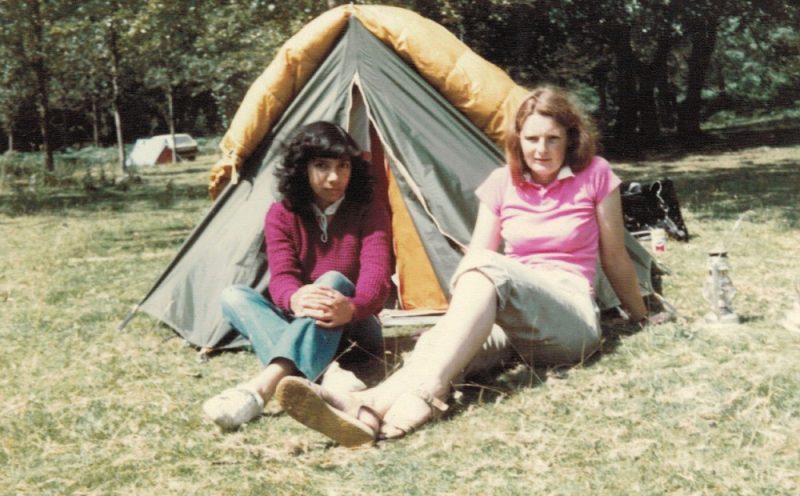 Saathi House
Saathi House Mashkura hopes the collection of stories they have captured and collated will be a way of inspiring others to become more involved with local organisations like Saathi House, where committed volunteers have long campaigned to generate local support, which has ensured city-wide respect for a project that is now one of the city’s oldest organisations set up to serve immigrant diaspora.
“Saathi House prides itself on the diversity of its participants and supporters, as local people have embraced the establishment as a neutral, safe space over the decades.
“Now enjoying its 40th anniversary, it continues this legacy by keeping itself relevant and moving in sync with the changing needs, times and trends of the people of Aston and wider Birmingham.”
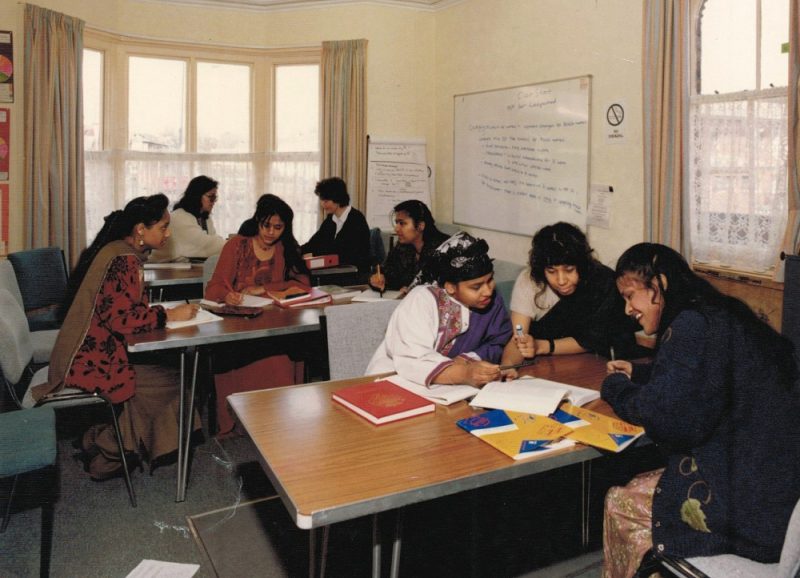 Saathi House
Saathi House To mark the special occasion, the book will be unveiled during an official launch at the Aston Villa Football Club, followed by a tour of the organisation’s urban exhibition and dinner at Saathi House on Thursday 10 May from 6pm.
“You will have the unique opportunity to preview our short documentary film, enjoy and take home a copy of our freshly published limited-edition Saathi House Stories, explore our interactive exhibition, and meet some of our former service users and staff, before enjoying a beautiful meal with inspiring individuals,” added Mashkura.
Saathi House Stories
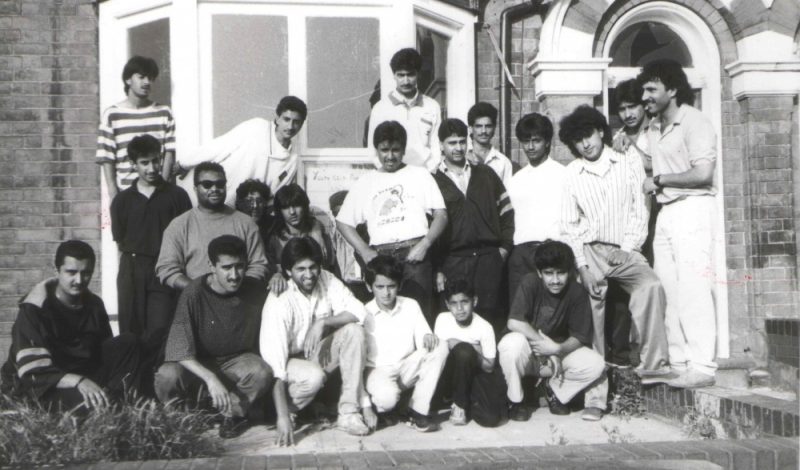 Saathi House
Saathi House Saathi House opened in 1978 and was initially known as St. James Language Project, with a strong focus on teaching new arrivals to the country English and more about integrating into British life.
In the late 1970s, the centre initially served the local north-east Birmingham population, attracting men, women and children from Indian, Bangladeshi and Pakistani backgrounds, uniting the then vulnerable Muslim, Sikh and Hindu communities.
The charity developed into a strong hub for residents of South Asian heritage, with new migrants and second generation British Asians coming together to celebrate their identity and cultural needs; while maintaining a strong bond and solidarity between the Asian and Afro-Caribbean community at a time when racial tension towards migrant communities was at an all-time high.
Throughout the 80s and 90s, Saathi House’s social engagement included sports and arts events, camping trips, encouraging local youth football teams and empowering women through skills workshops and outdoor excursions.
Post-millennium, the centre has geared more towards empowering women of Bangladeshi heritage, reflective of an ever-changing shift in local population demographics, but remains true to its roots of representing migrant communities and keeping its doors open to all.
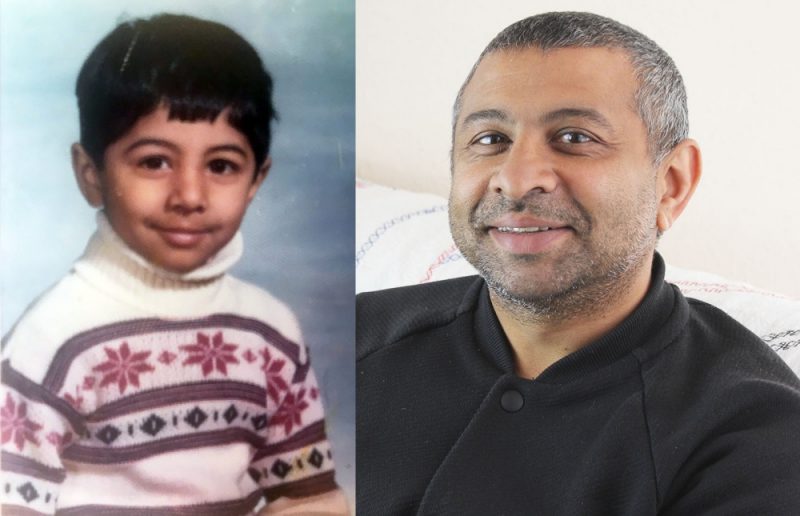 Saathi House
Saathi House Among the special guests at next month’s book launch will be Ammo Talwar MBE, the founder and CEO of Punch Records. Ammo has evolved from his days as a young boy who regularly attended social events and camping trips at Saathi House back in the 70s, to launching an award-winning global music development agency which represents some of the city’s best creative talent.
Apsana Khatun, at the tender age of two, accompanied her Mum to Saathi House to attend language classes during the mid-1980s. As a teenager, Apsana engaged with a Saathi House girls’ group and progressed on to becoming one of Saathi House’s youngest female youth workers.
Apsana now has a well-established career in youth and community development work and has now come full circle with her involvement with Saathi House as her young son attends the centre’s Saturday Club. That’s three generations of the same family using the socially engaging services at Saathi House!
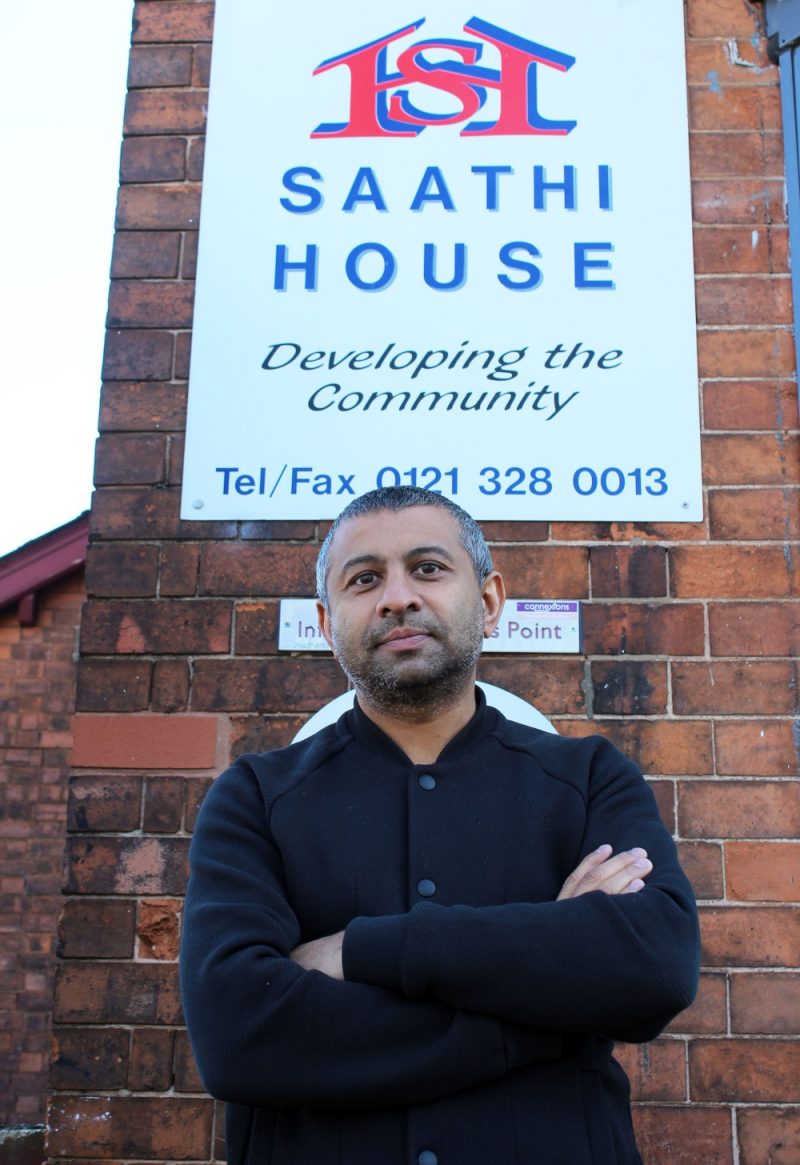 Adam Yosef / Saathi House
Adam Yosef / Saathi House Joining them will be BBC luminaries Anita Bhalla OBE , a supporter of Saathi House who has lent her wise words to our 40th-anniversary celebratory publication; and former journalist and television presenter Sue Beardsmore, now Chair of the West Midlands Committee for the Heritage Lottery Fund.
Also in attendance will be Saleem Ahmed from Love Brum, Guy Rippon, Head of Foundation and Community Partnerships at Aston Villa Football Club; and all of the interviewees featured in the special Saathi House Stories film and book, who will be joined by their families and loved ones.
The Saathi House Stories project, co-edited and curated by Mashkura Begum, Harvey McDonald and Adam Yosef, has been funded by the Heritage Lottery Fund (HLF).
Saathi House Stories will be unveiled at Aston Villa Football Club on Thursday 10 May from 6pm followed by film showing and exhibition experience at Saathi House.






